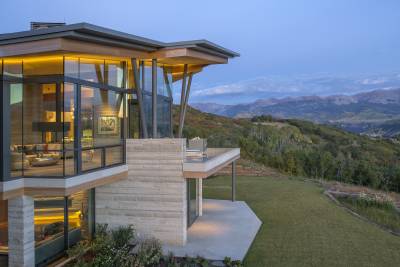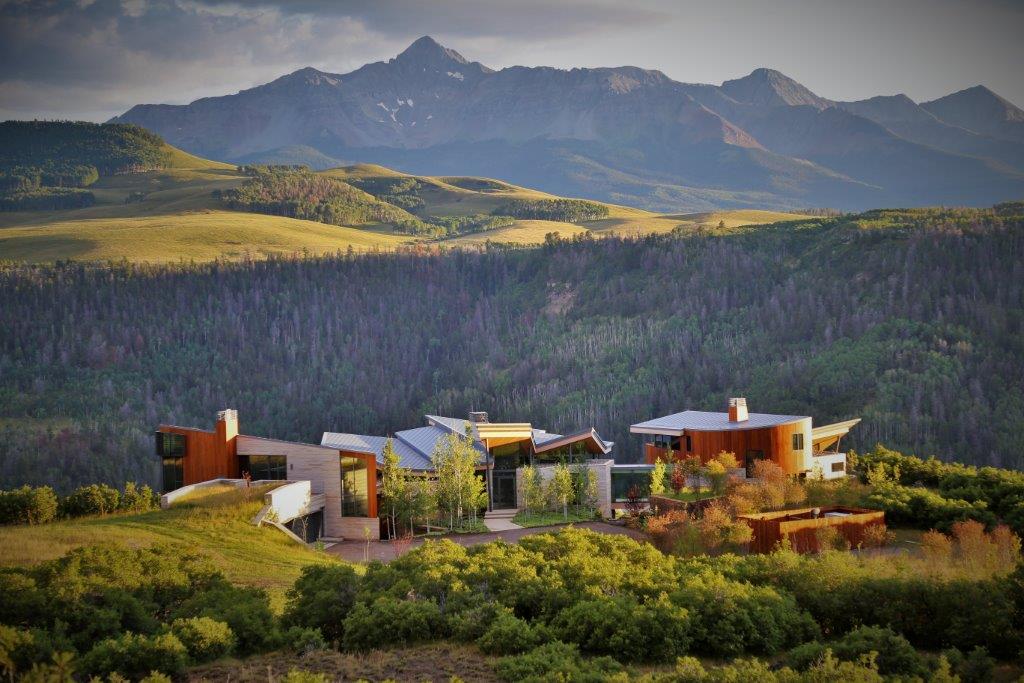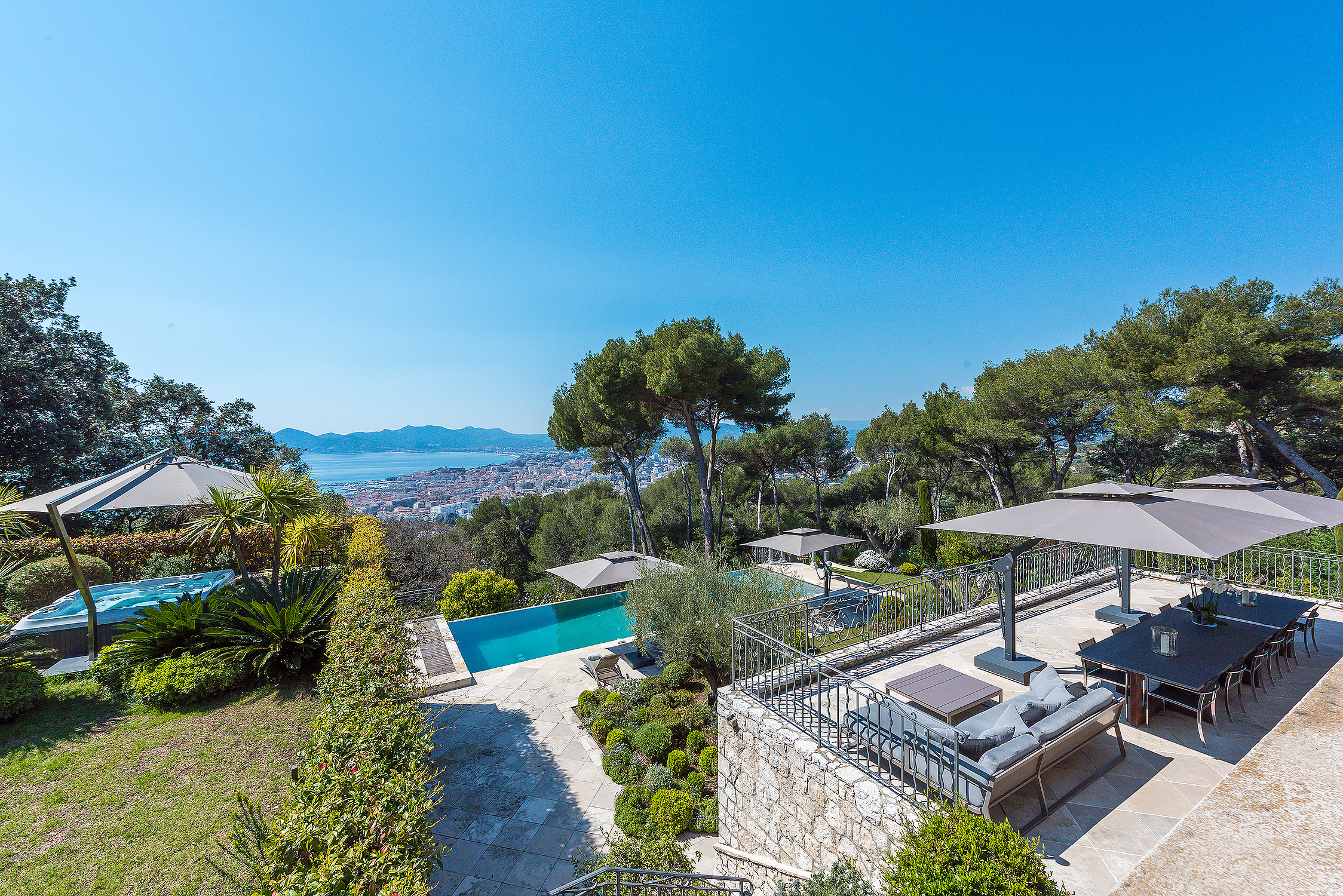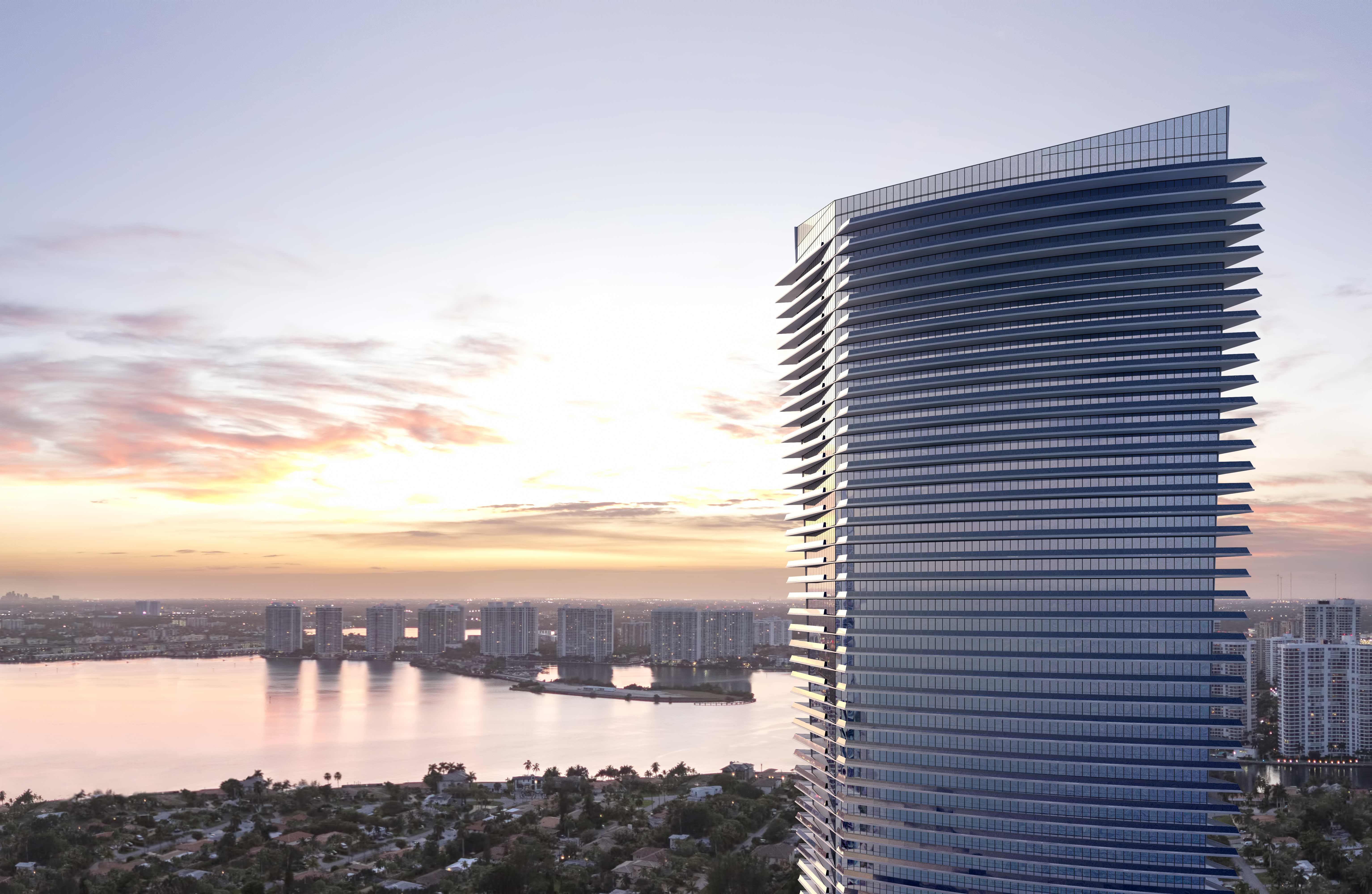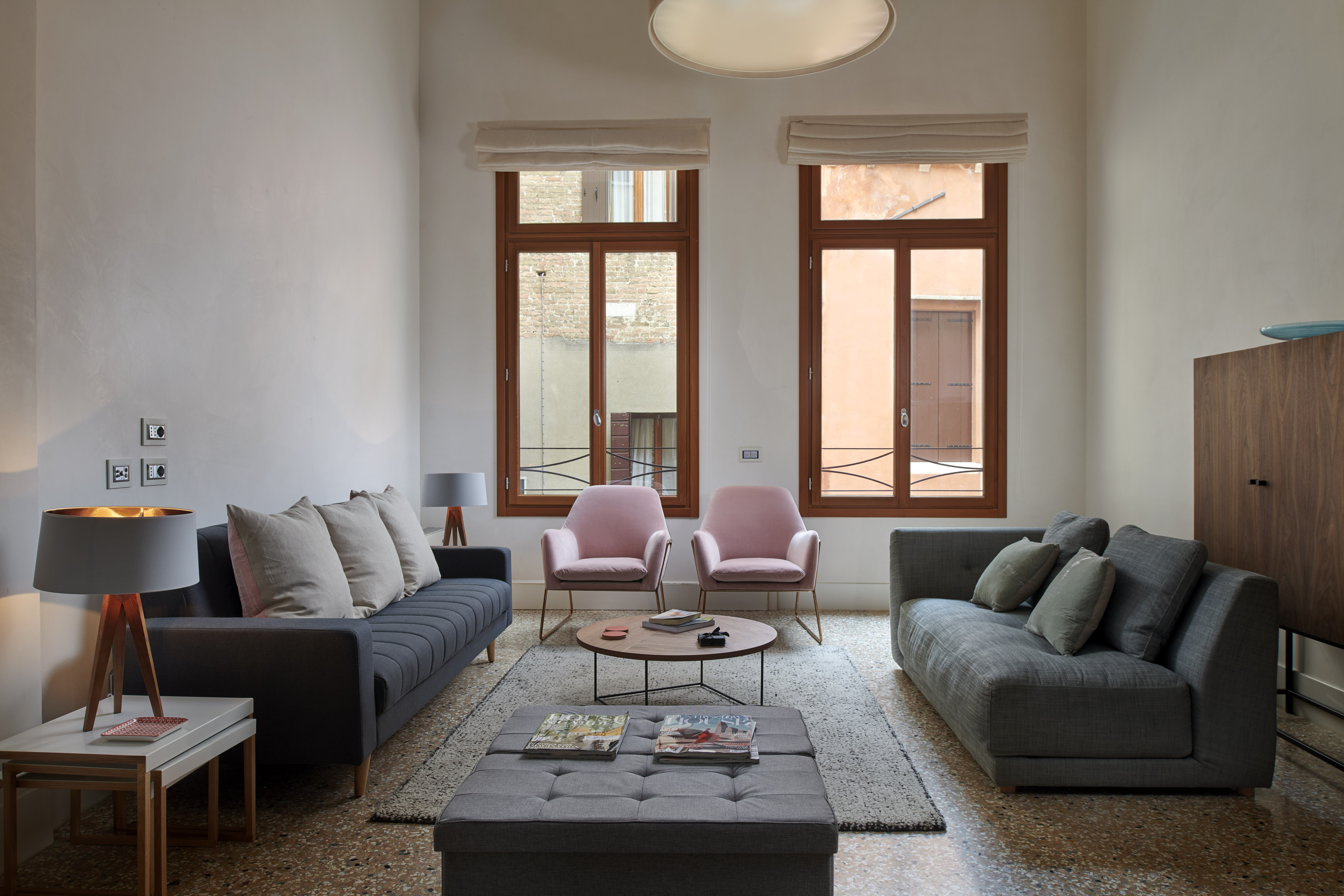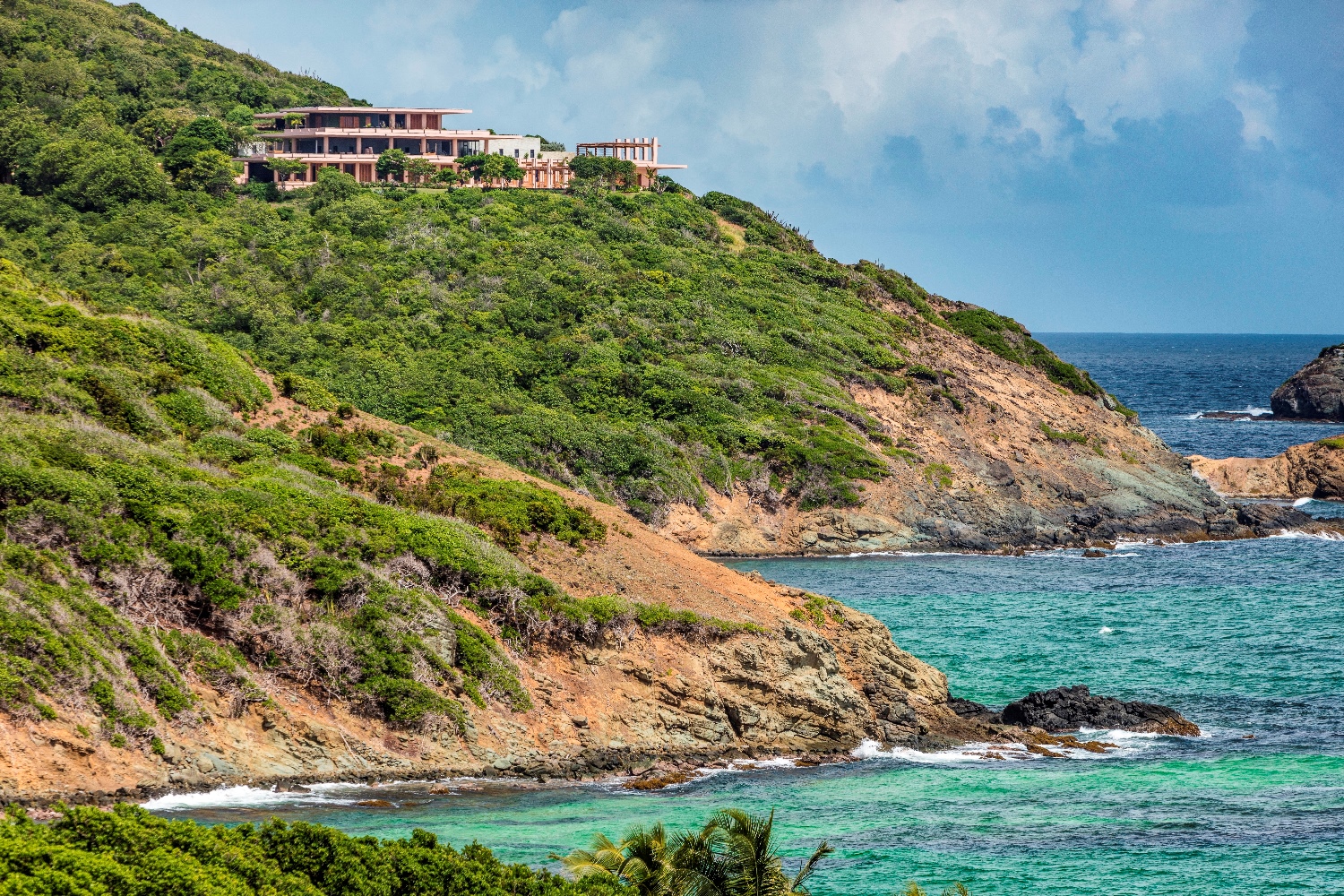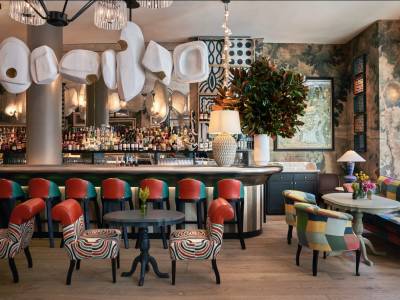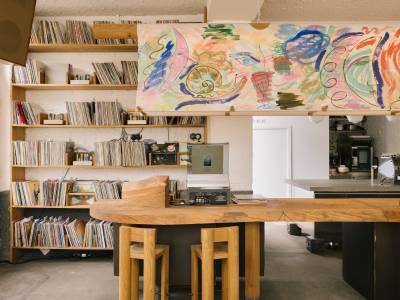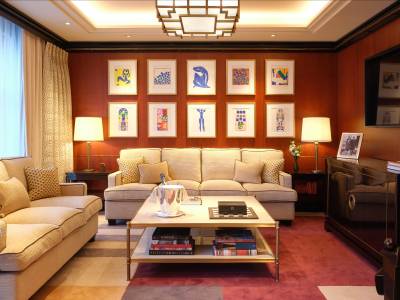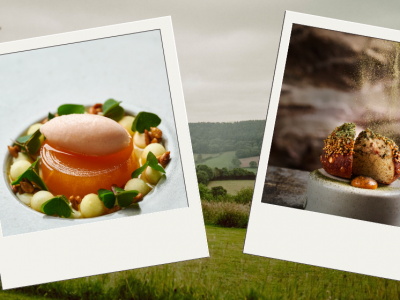Bling
Luxury at its most obvious is all about bling — as epitomised by the “super villas” of Cannes and St Jean Cap Ferrat on the Cote d’Azur, says Mirka Mikleticova, a sales negotiator for Beauchamp Estates in Cannes. “A helipad and a garage for up to 10 cars is important, so is a swimming pool, top security, a gym, sauna, tennis court, home cinema and wine room,” she adds.
In cities such as Paris and Barcelona, where parking is at a premium, new developments with underground parking are snapped up. At Francesc Macia 10 in Barcelona, each of the eight vast residences — priced from €8m in “shell and core” condition (knightfrank.com) — comes with six underground parking spaces, plus a designer waiting room for the chauffeurs.
Being able to see your prized toys from your sofa or swimming pool is another plus — hence the popularity of the Porsche Design Tower in Miami (pdtower.com), where a glass lift will whizz your super-car up to your apartment. Prices start at $5.5m, or there’s the $32.5m penthouse with its own 11-car garage.
If your baby is a boat, however, you might like the Island Villas — priced from €3m (limassolmarina.com) — at Limassol Marina in Cyprus, which come with a mooring for a 60m yacht at the end of each garden. “Sailing is inextricably part of the luxury package these days, particularly in places such as Ibiza, Mykonos and the Cote d’Azur,” says Knight Frank partner Edward de Mallet Morgan. “If you’re staying in St Tropez, it can be easier to get to Club 55 in summer by boat than by road.”
